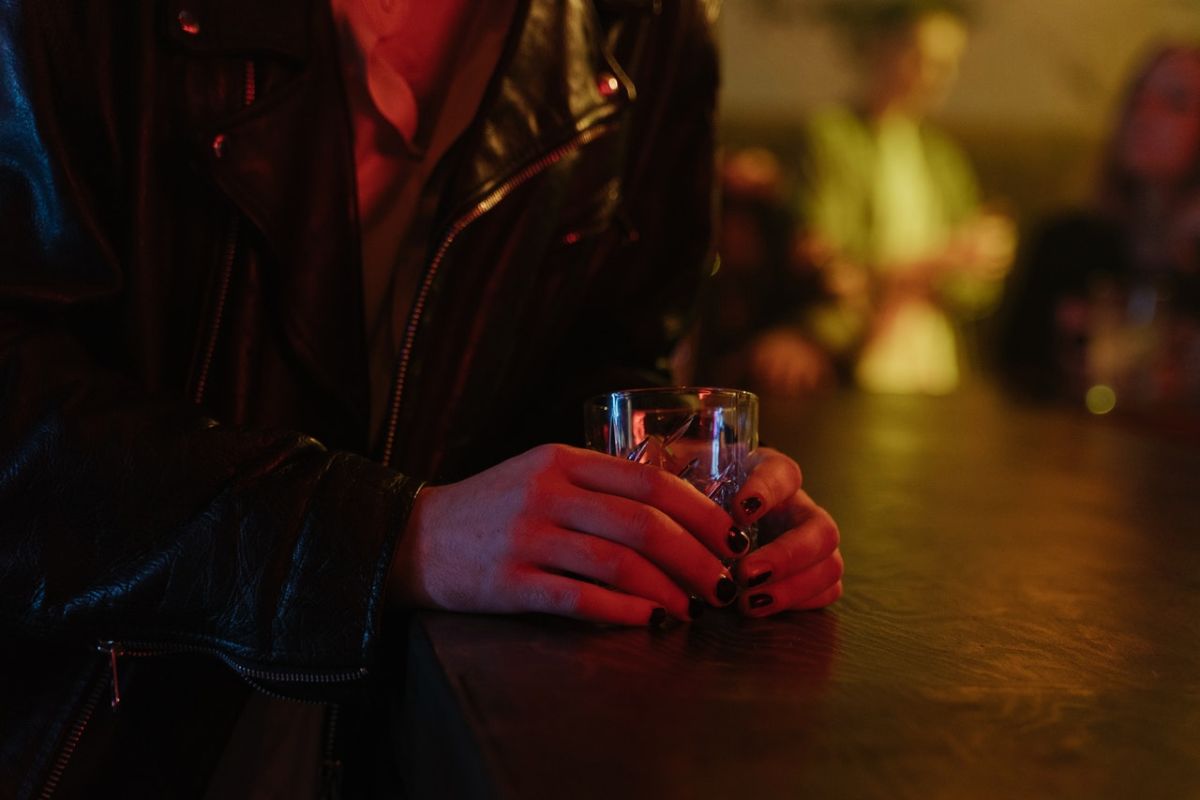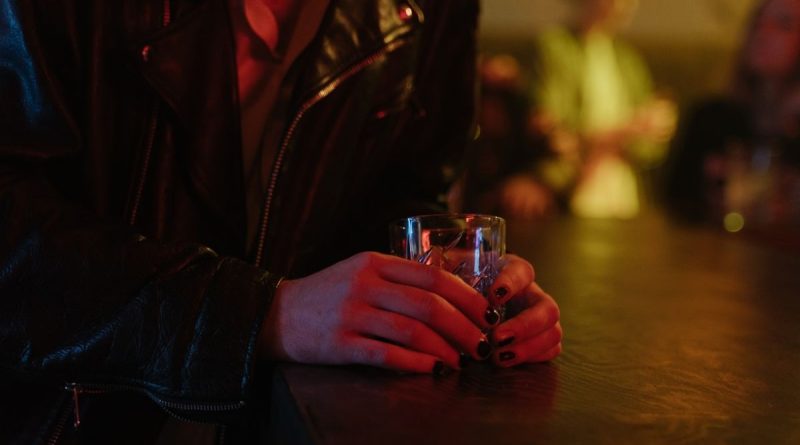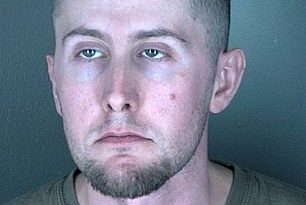5 myths about hangovers | The State

The next morning after drinking to excess you may be suffering from the unpleasant hangover effects. The symptoms can last 24 hours or more and manifests with fatigue, weakness, thirst, headache, muscle aches, nausea, stomach pain, vertigo, sensitivity to light and sound, anxiety, irritability, sweating and increased blood pressure.
You have probably received a lot of advice on how to relieve hangovers or even how to prevent it. For example, there are those who claim that an alcoholic drink in the morning helps to “cure the hangover”, is it true or myth?
5 myths about hangovers
Myth 1: Having an alcoholic drink in the morning will cure a hangover.
Truth: Drinking a little alcohol the day after drinking heavily may minimize some symptoms, but this would be temporary.
The Hangover symptoms peak when the blood alcohol concentration in the body returns to zero, as explained by the National Institute on Alcohol Abuse and Alcoholism (NIAAA).
Having another drink could only contribute and prolong discomfort and other symptoms hangover. At some point the blood alcohol will drop and the hangover will come.
What if you should drink it is water before, between drinks and again before going to bed. This will keep you hydrated.
Myth 2: Drinking coffee or showering prevents or cures a hangover
Truth: Caffeine does not reduce alcohol concentrations in the breath or blood, it does not improve your coordination or restore the senses that are affected by alcohol consumption. The shower doesn’t help either to a person intoxicated with alcohol.
Coffee won’t prevent a hangover the next day nor does it reduce deterioration due to alcohol consumption, according to the Centers for Disease Control and Prevention (CDC).
There is no remedy that has been shown to be effective to cure the hangover other than time. There is no way to speed up the brain’s recovery from alcohol use.
Neither does the consumption of electrolytes it will decrease hangover symptoms. The body will quickly restore electrolyte balance once the effects of alcohol subside.
Myth 3: Drinking beer and wine first causes less hangover
Truth: Some say that it is better to drink wine or beer than hard liquor. A person can get drunk and suffer the effects regardless of whether they drank beer, wine, distilled spirits, or a combination.
It does not matter in what order you consumed the drinks, the total amount of alcohol matters that you have in your body. The biggest truth is that the more alcohol, the worse the hangover will be.
Myth 4: Taking pain relievers before bed minimizes a hangover.
Some people believe that taking pain relievers such as acetaminophen present in Tylenol before bedtime minimizes the effects of hangovers. This can make your health worse. The NIAAA notes that the alcohol and acetaminophen can be toxic to the liver. You can experience liver inflammation, swelling, and even permanent damage.
Taking pain relievers to relieve hangover symptoms would not be as convenient. Aspirin and Ibuprofen, can increase the release of acid and irritate the stomach lining.
Myth 5: Eating before bed will prevent a hangover
Eating after getting drunk doesn’t help. Food has to be in your stomach before drinking alcohol.
Food causes alcohol to be absorbed at a slower rate. Better if they are healthy carbohydrates like pasta, bread or brown rice and good fats.
The only way to avoid a hangover is not to drink alcohol consuming a minimal amount.
It may interest you:
.




